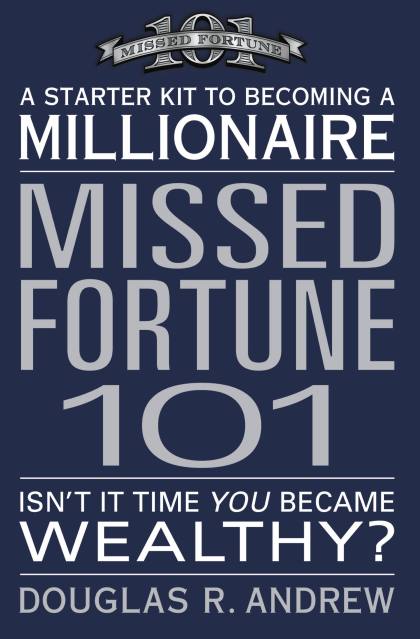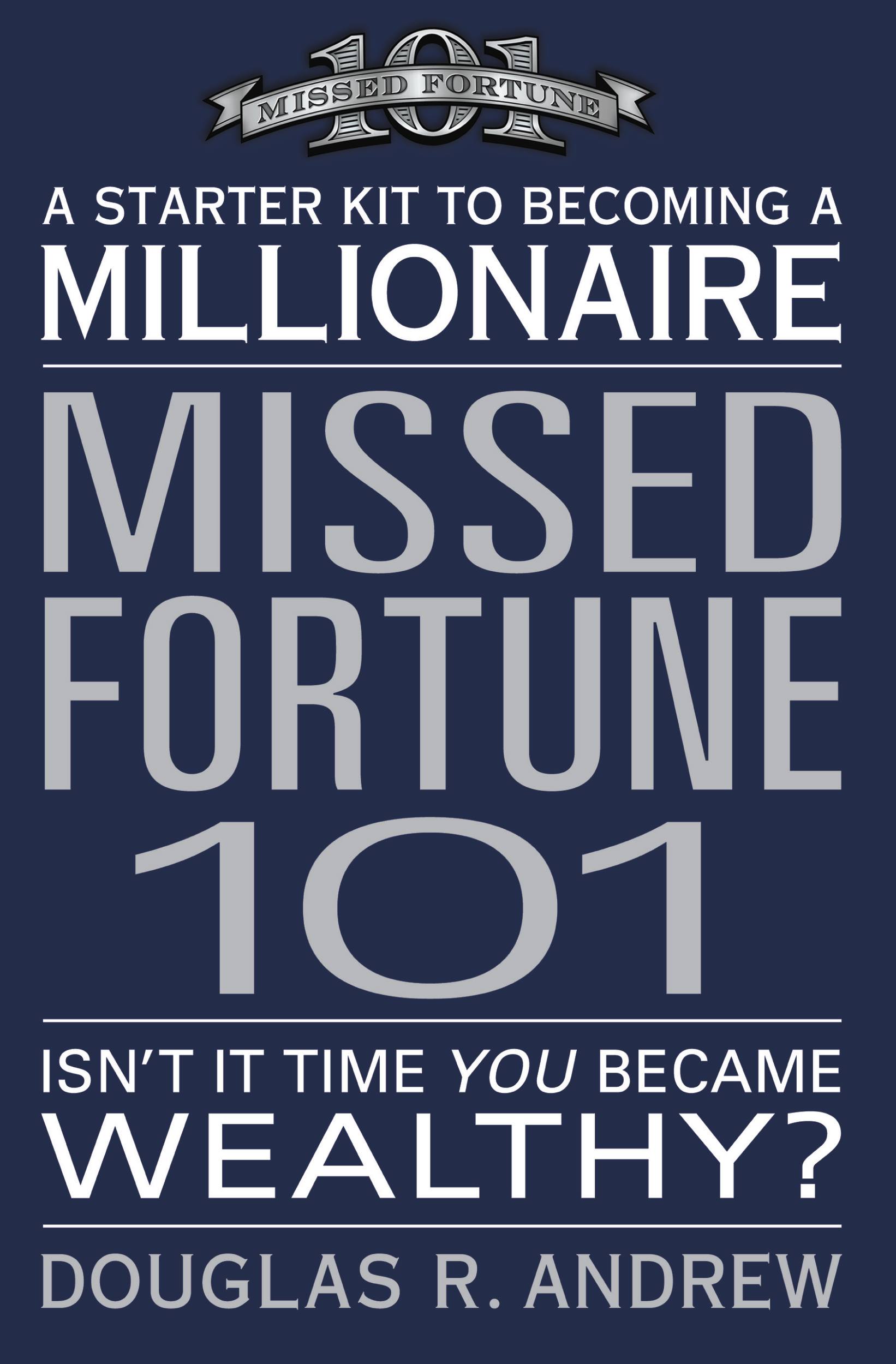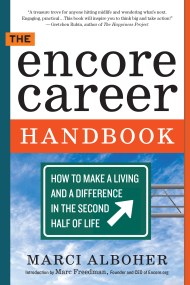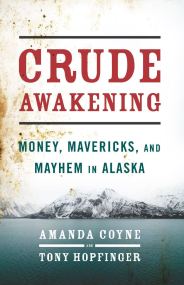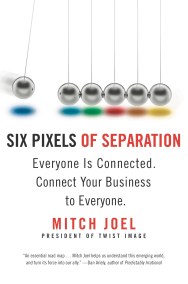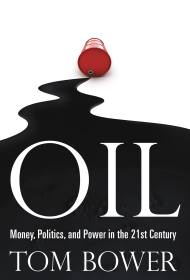Promotion
Shop now and save 20% on your back-to-school purchases & get free shipping on orders $45+ Use code: SCHOOL24
Missed Fortune 101
A Starter Kit to Becoming a Millionaire
Contributors
Formats and Prices
Price
$11.99Price
$15.99 CADFormat
Format:
- ebook $11.99 $15.99 CAD
- Audiobook Download (Abridged)
- Trade Paperback $16.99 $22.99 CAD
This item is a preorder. Your payment method will be charged immediately, and the product is expected to ship on or around June 3, 2008. This date is subject to change due to shipping delays beyond our control.
Also available from:
Isn’t it time YOU became wealthy? Bestselling author and expert financial planner presents an extraordinary collection of must-have financial advice.
Always prepay your mortgage.
The right 401(k) or IRA will completely cover your retirement.
Defer your taxes and postpone the pain.
True wealth doesn’t last forever. They’re All False! Missed Fortune 101 …is like no other money guide you’ve ever read. Its author, successful financial strategist Douglas R. Andrew, dares to question the conventional wisdom on personal finance that most people accept. He reveals the ways banks, credit unions, and insurance companies amass tremendous wealth-what they do, and what they don’t do. He shows you how to seize financial opportunities you never knew existed. With Missed Fortune 101 as your guide, you’ll never view your house, your mortgage, your retirement plans, your investments, and your other assets the same way again.
Put the lazy, idle dollars trapped in your home to work safely-and reap as much as an extra million.
Discover hidden and perfectly legal tax breaks-and treat yourself to some surprising windfalls.
Play the bankers’ favorite game-borrow at one rate and invest at a higher one.
Explore lesser-known retirement vehicles-and avoid falling into a higher tax bracket when you stop working.
Turn your life insurance policy into an investment-and keep your taxes down and your capital up.
Find out which low-return instruments should be in your portfolio today-and why they’ll become high-return stars tomorrow.
Reach your “freedom point”-your financial independence-long before “retirement age”! Learn the real rules of smart investing. Maximize your wealth with Missed Fortune 101.
- On Sale
- Jun 3, 2008
- Page Count
- 304 pages
- Publisher
- Business Plus
- ISBN-13
- 9780446539623
Newsletter Signup
By clicking ‘Sign Up,’ I acknowledge that I have read and agree to Hachette Book Group’s Privacy Policy and Terms of Use
